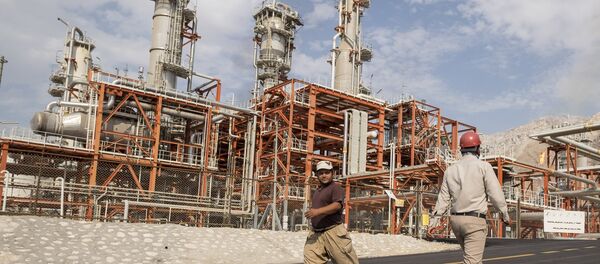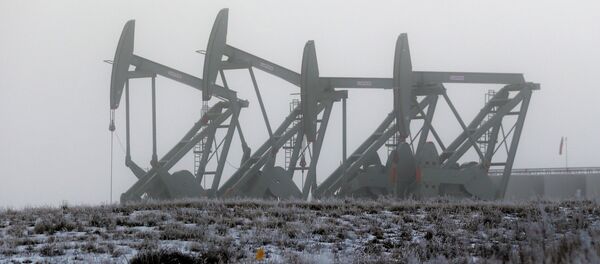OPEC looks unlikely to reduce production quotas as its strategy of lowering oil prices to maintain market share begins paying off.
Saudi Arabia is facing pressure from other OPEC members, however, as low oil prices are beginning to hurt their fiscal budgets. At the same time, Iran's re-entry to the market may cause a readjustment of production targets, which would lead to a short-term decline in output as Iran grows its output and waits for the lifting of sanctions on its oil.
The head of Iran's state-owned National Iranian Oil Co. Ali Kardor told Kommersant that he will attempt to "convince Saudi Arabia to decrease extraction volumes."
Saudi-Russian Competition
Saudi price cuts in Europe, which pushed its oil into Eastern European countries such as Poland, may however create tension between the oil kingdom and Russia, which together with Iran's re-entry could kill hopes for a quota cut.
"That is a good reason for the Russians not to even sit on the table with OPEC to discuss cuts," an official from an oil-producing country in the Persian Gulf told Wall Street Journal.
Lagging Shale
Productivity in the shale sector may be facing a peak, as production remains stagnant, and the drop-off in the oil well count has reached its bottom months ago.
Doug Terreson, an energy analyst at Evercore ISI investment banking advisor told Bloomberg TV that the firm has a dissenting opinion on the future of shale because of this.
"The industry is drilling its best prospects with its best personnel and its best technology, yet productivity seems to be flattening out," Terreson said.
At the same time, price increases could reinvigorate the industry with expansion, even as only large producers such as Continental Resources continue to make a profit. According to Terreson, this could mean the beginning of a "consolidation phase" in the industry.



